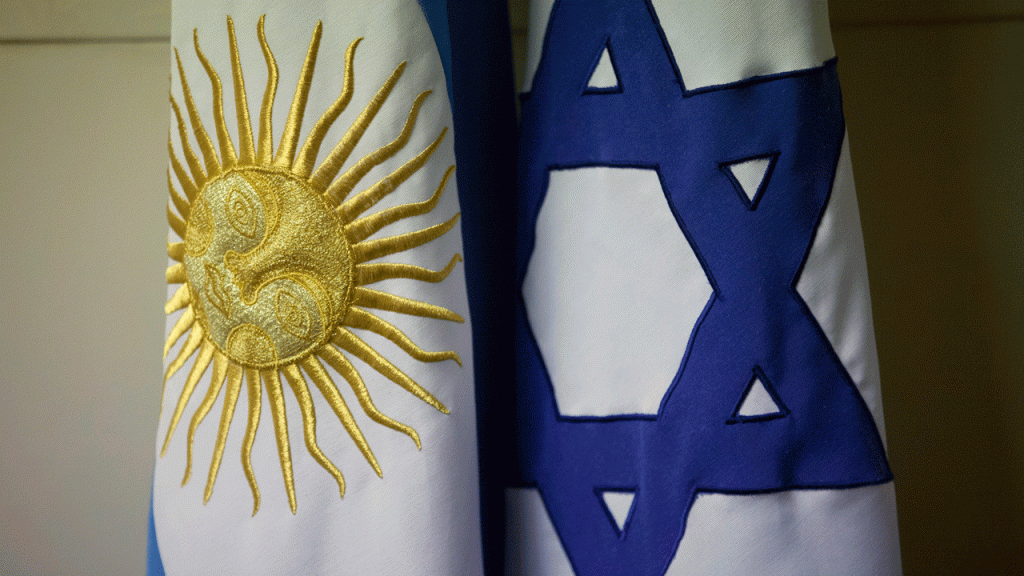Argentina’s Court of Cassation has made a ground-breaking ruling in the case of the 1994 bombing of a Jewish community center headquarters in Buenos Aires, concluding that Iran and its Hezbollah proxy were responsible for planning and executing the attack. The court declared that the bombing was in retaliation for Argentina reneging on a nuclear cooperation deal with Tehran, and deemed it a “crime against humanity.” This ruling allows victims’ families to bring lawsuits against Iran, although the Islamic Republic has not cooperated in the past, and efforts to bring the perpetrators to justice have led nowhere.
The court’s decision has not come as a surprise, as Argentina’s judiciary has long believed Iran was behind the attack. However, some have expressed disappointment that the ruling did not provide concrete evidence of Iran’s involvement or shed new light on the case after 30 years of investigations and setbacks. While Iran has denied any involvement in the bombing, the court singled out top Iranian officials and Revolutionary Guard commanders, basing its conclusions on confidential intelligence reports.
Israel has responded to the court’s ruling by asking Argentina to declare the Revolutionary Guard a terrorist organization. Past inquiries into the bombings have resulted in indictments not only against Iranian officials but also two former Argentine presidents. There have been instances of corruption and intimidation in the investigation, including the mysterious death of the chief prosecutor in the case in 2015. Despite these challenges, Argentina has designated Hezbollah a terrorist organization and frozen its financial assets in light of the attack’s anniversary.
The ruling comes just months before the 30th anniversary of the bombing, and while Argentine authorities have made big announcements coinciding with the anniversaries of the attack, the case remains unresolved. Representatives from Argentina’s Jewish community have hailed the ruling as historic, while also emphasizing renewed scrutiny of Iran’s support for militant groups following recent events. However, for the families of the bombing victims, the ruling serves as a painful reminder of their unresolved grief and the unfulfilled quest for justice.
In conclusion, the Court of Cassation’s ruling in the 1994 bombing of the Jewish community center in Buenos Aires has shed new light on the longstanding case, attributing responsibility to Iran and Hezbollah. The lack of concrete evidence of Iran’s direct involvement and the broader geopolitical implications of the ruling leave the case open and unresolved. Despite past challenges, efforts to hold the perpetrators accountable continue, and families of the victims still seek complete justice and closure. The ruling highlights the complexities and difficulties of pursuing justice in cases of terrorism and state-sponsored attacks, underscoring the importance of international cooperation and accountability in addressing such crimes.













